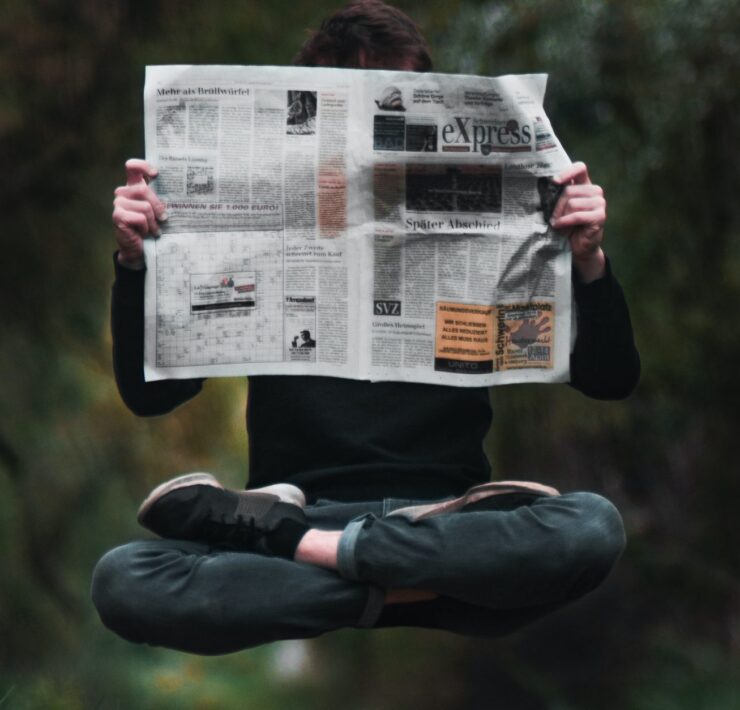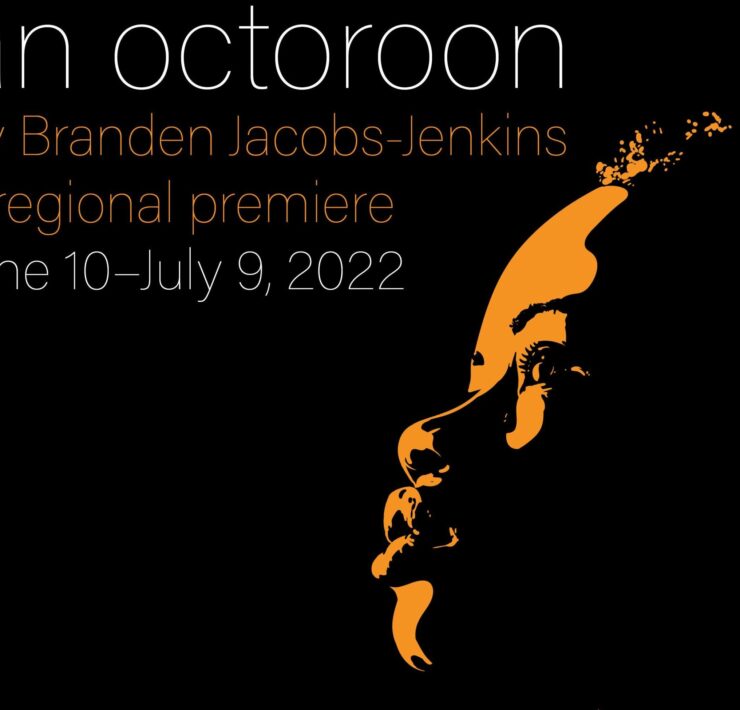Charlotte James and the Psychedelic Liberation Training Program

Charlotte James (she/her), the founder of The Ancestor Project, is announcing the third cohort of her 10-week certificate training program designed to guide psychedelic facilitators in developing ethical practices. The Psychedelic Liberation Program hopes to create agents of collective liberation in the psychedelic space. She has partnered with Sara Reed, a researcher from Yale leading studies of psilocybin to launch this program. Together, they hope to offer a program which will explore intersectional social justice work within the psychedelic space, Sacred Earth Medicine practices, and delivering ethical care in psychedelic practices.
How did you first get involved in the field of psychedelic practice?
It (was) a culmination of a lot of years of personal study and experience and academic study around the intersection of identity and race and heath and well-being, harm reduction, and access, and then that paralleling with a lot of personal exploration with psychedelics. My vision is that (the program) continues to grow to a network of practitioners who are well-versed in taking a decolonized approach to psychedelic-assisted therapy work or ceremonial and communicable work with these medicines, and that they can practice in a way that is ancestrally rooted and in support of collective liberation.
How do you incorporate ancestral practices into your psychedelic work?
Most of the medicines are rooted in some ancestral practice or lineage. Like, for example, the things that are taught in the MDMA training program are based in Shamanic knowledge. That’s frequently not recognized or named or given credit. So for me, it’s very important to center where these medicines come from and where these practices come from, and as practitioners we can recognize that there are gifts in having diverse ancestry, and so working with ancestral healing as a way to resist cultural extraction and appropriation.

How do you identify with the indigenous community?
That’s an interesting question. I am Afro-Caribbean, Jamaican by way of West Africa, so indigenous to those places. One of the things I really focus on in decolonization education is that everyone was indigenous to a place, and this idea of “whiteness” was and is a myth that is constructed. One of the ways that we can approach decolonization education, especially for white-identifying people, is that it’s really important that they also take an interest in their ancestry and going back to reclaiming what their ancestors were practices before they were colonized and before pagan traditions were eradicated or forced in the underground in Europe. Much like they were forced in the underground in what is present-day Africa and South America and Central America.
What will you be doing at the SXSW Panel?
We’ll be talking about the role of music and sound in psychedelic sessions and facilitation. Outside of the training, I do facilitation work. I have a special interest in how we can use sound to do ancestral healing work. So frequently when I work with folks I ask questions about their own lineage, and then we’ll do music research to find sounds from those lineages to bring into those sessions so that they can connect back with their own ancestry.”
Is the program for facilitators, or is it open to anyone?
It’s open to anyone. It’s definitely directed toward people who have a personal, professional relationship, or practice with, Sacred Earth Medicines. But we have a really interesting, and broad, range, of people, some who have never sat with medicine, and some who are actively facilitating. We have indigenous folks in the class, BIPOC folks in general. Therapists, people from the underground. People who just have personal experience in psychedelic therapy as a patient.
How is your program seeking to connect with the LGBTQ community?
The way that I’ve set up the training is that it is very collaborative in that I’m not teaching all 10 weeks of it. It’s actually a lot of guest facilitators coming in. One of the sessions that we did last year and we will do again this year is considerations for working with and in queer community, and it’s taught by a friend of mine, Ariel Vegosen. They’re the founding of Gender Illumination, and they run Queer Dome at Burning Man. And another friend and colleague of ours, Collin Withers, is queer ecology educator, and they’ll co-teach a class. The teacher of our class on self-compassion and meditation is a queer, Asian, nonbinary person.
One of the things that very frequently can come up and shift for people with psychedelic work is their relationship to their own gender identity and their sexuality. I think it’s important to be able to have the language to talk with someone and support them through those transitions and shifts, or recognize that you don’t have the capacity and language for that and have a network of people and teachers who may be able to better resonate with that process.

Why is connecting to these communities so important to you?
For many years, I was one of or the only Black woman in spaces (like this), and I felt like there was something missing in the conversations in the communities I was coming across. A lot of it is recognizing that I can’t be in all places, and what we need to do is build out a network of people who have a shared language around decolonization work and who are able to hold complex identities and do it in a way that is not harmful and re-traumatizing. My goal is to be serving the collective by sharing what I have learned with others who can then continue to build on this vision of collective liberation.”
Do you have any thoughts on breaking stigmas around psychedelics?
“It’s so interesting… Yeah, there’s definitely a censorship of these topics in the mainstream, or they’re seen as something you check off a box. I think the most important piece is having accessible education and sharing a different perspective on these medicines with communities that for a long time (and still now) have very legitimate reasons to fear for their safeties and may have been more subject to the propaganda that supports the War on Drugs. Education and community are the greatest responses to that. And sharing our stories.”
Follow Charlotte James’s journey on her IG, FB, or her website.










